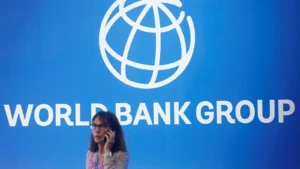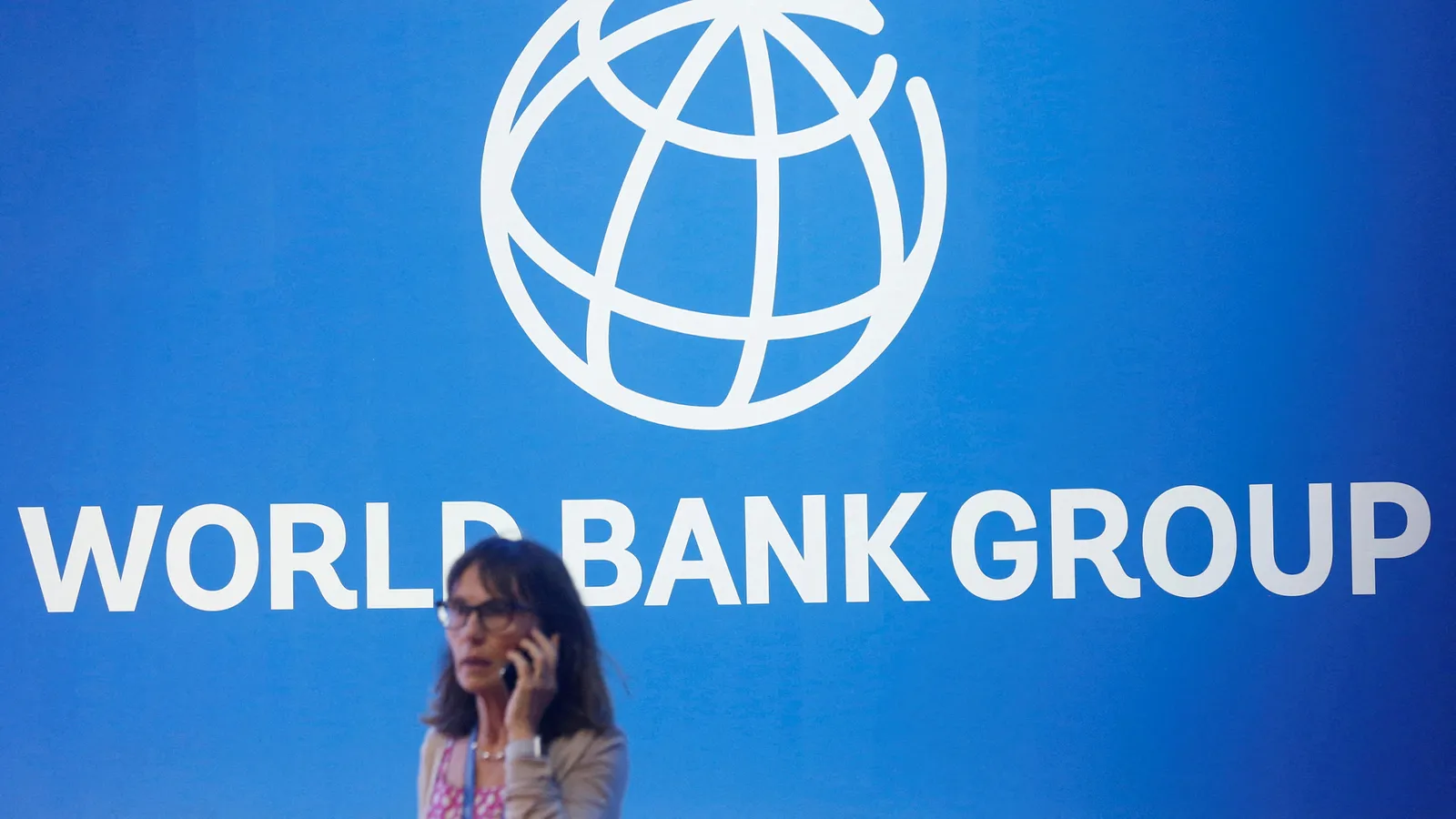Healthcare conglomerate Johnson & Johnson expects to face approximately $400 million in tariff-related costs this year, largely due to ongoing trade tensions involving China, The Associated Press reported on Tuesday, quoting the company’s chief financial officer.
Speaking on a conference call with analysts following the firm’s latest earnings results, CFO Joseph Wolk reportedly said the financial burden will fall most heavily on Johnson & Johnson’s medical technology division, which manufactures a wide range of surgical tools and medical devices.
The most substantial impact comes from tariffs against China and retaliatory tariffs from China, Wolk noted, pointing toward a worsening trade dispute between the world’s two largest economies.
The company’s projection also included costs associated with tariffs on aluminium and steel and tariff measures involving Canada and Mexico — key U.S. trading partners. According to the report, Johnson & Johnson said that it has limited ability to raise prices to offset these added expenses on account of existing contractual agreements.
Notably, the estimated $400 million figure does not account for possible future tariffs on pharmaceutical imports, a sector now under scrutiny with the Trump administration launching an investigation into pharmaceutical imports, a move being seen as a preliminary step toward potential tariffs.
CEO Joaquin Duato warned that tariffs on drug products could severely disrupt supply chains. “Tariffs, especially on pharmaceutical products, could lead to supply chain issues and shortages,” Duato said, according to AP. He reportedly stressed that “the best way to build up manufacturing in the U.S. is through tax policy, not tariffs.”






















